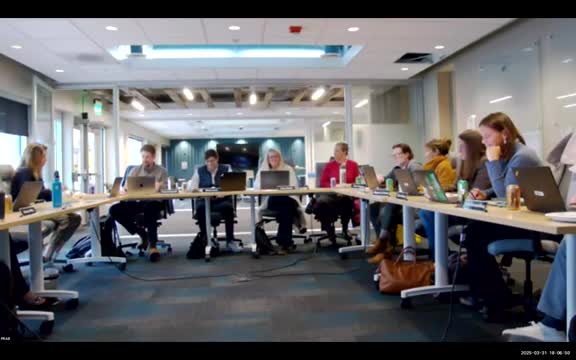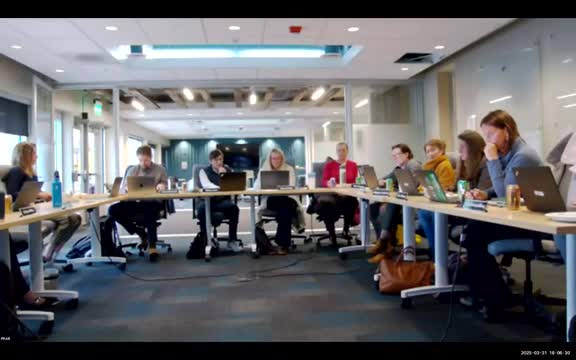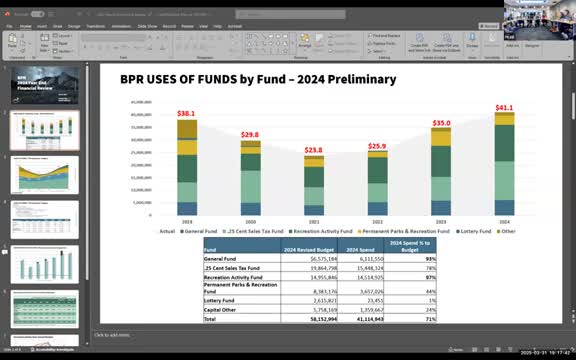Article not found
This article is no longer available. But don't worry—we've gathered other articles that discuss the same topic.

Board presses staff on youth-sports affordability as parks staff confirm scholarships for contractors and detail reservoir concessions plan

Parks staff outline Civic Area Phase 2: $18 million, floodplain limits, summer public pop-ups and 2027 construction target

Parks & Recreation Advisory Board approves consent agenda including minutes and director updates

